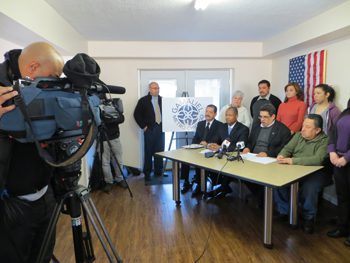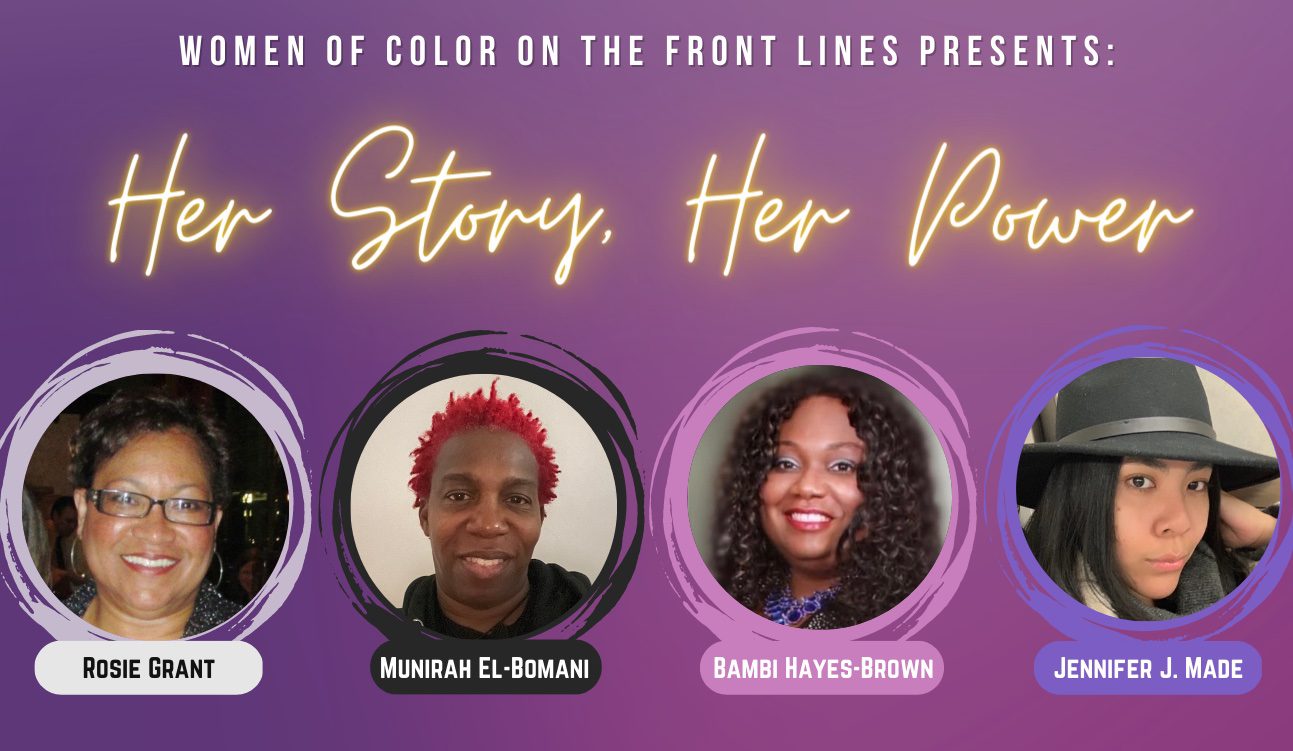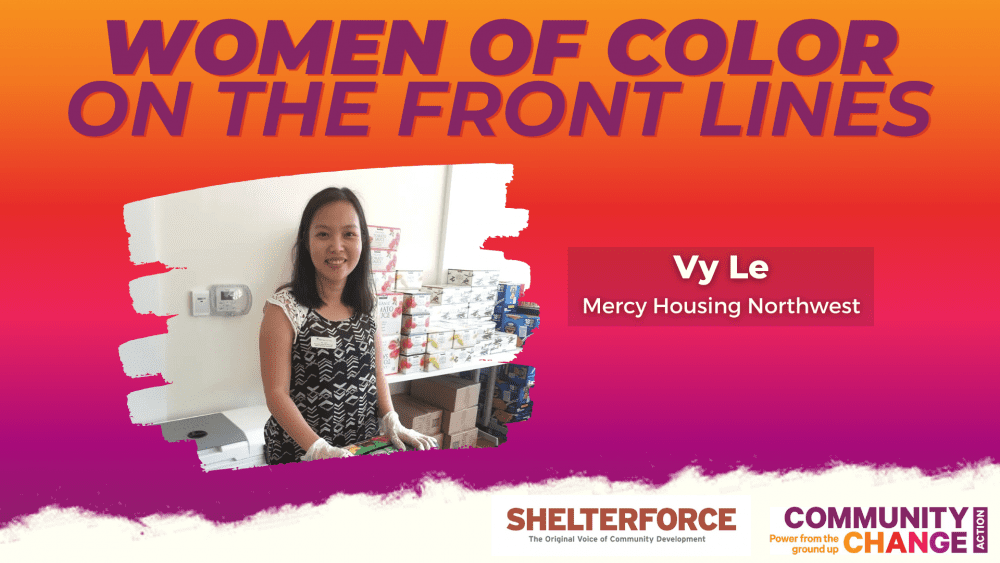“Show me what democracy looks like!” is a favorite chant at grassroots rallies and progressive gatherings; and now Congress has an opportunity to do just that—to show all of us what democracy can look like for the 11 million undocumented immigrants in this country. With unprecedented numbers of Latino voters casting their ballots in the November 2012 election, a Republican party scrambling to separate itself from the “self-deportation” theme espoused during the presidential election, and a president who claims comprehensive immigration reform as a top priority for his second term, the time is now!
We have been here before—President George W. Bush supported and urged Congress to reform immigration legislation—but repressive voices of hate, like the Klan, helped to sabotage a bill that would have addressed the failings of our current immigration system and would have grown the economy. This time we are ready to counter those voices and to make fair and compassionate comprehensive immigration reform a reality.
Gamaliel, along with religious traditions like the Catholic Church, Reform Judaism, and the Presbyterian Church USA, are looking to their sacred texts for wisdom to guide their beliefs and actions. Shaped by the teaching that all human beings are created in the image of God and, as such, possess an inherent human dignity that includes the right to food, shelter, freedom, and the opportunity to provide for their own welfare and to contribute to the benefit of their communities, people of faith across this country are calling on their elected leaders to bring fair and compassionate reform to our country’s broken immigration system.
For Gamaliel, far too many of the members of our faith congregations have been swept up in deportation raids. (In one case, a nursing baby was separated from her mother for more than three days.) We have seen delays in the processing of Deferred Action for Childhood Arrivals (DACA) applications; Jesus Guzman of the North Bay Organizing Project has been waiting for six months for a response to his DACA application. Groups like Gamaliel have seen the results of bad policy-making in our communities, and they are ready for a change.
So what do members of faith congregations have to say about a possible bill? Gamaliel and others are calling on Congress to include the following reform measures:
-
To create a pathway to citizenship for the 11 million undocumented people in this country, with an expedited path for immediate family members of U.S. citizens and DACA students; -
To focus on healthy families and communities, instead of border security and punishment; -
To call an immediate halt to deportations and workplace raids; -
To prioritize reunification of families and to end the Secure Communities program and legal provisions that have led to separation; -
To protect the civil, labor, and human rights of all immigrants, regardless of legal status; and -
To provide access to healthcare, social services and due process, regardless of legal status.
Gamaliel also believes that all victims of domestic violence and human trafficking as well as veterans should be granted immediate visas and that fees for processing applications should be kept extremely affordable, especially for low-income applicants.
The time is now! Congress needs to act now to protect those within our borders—it is the right thing to do!
(Photo by Alma Campos. Feb. 6 media event in Chicago, IL with DREAM Act students.)





Comments